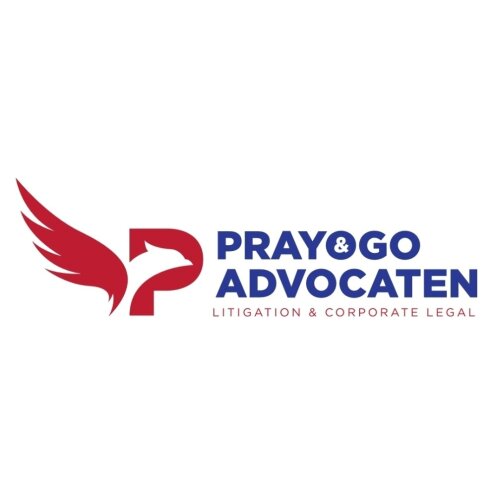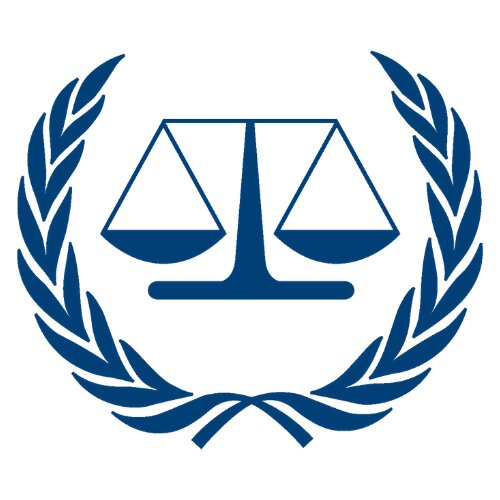Best Civil Litigation Lawyers in Indonesia
Share your needs with us, get contacted by law firms.
Free. Takes 2 min.
Or refine your search by selecting a city:
List of the best lawyers in Indonesia
About Civil Litigation Law in Indonesia
Civil litigation in Indonesia involves legal disputes between individuals, organizations, or between the two, in which compensation may be awarded to the victim. It covers cases where parties seek remedies other than criminal sanctions. The Indonesian legal system, being a civil law system, is influenced by Dutch law due to its colonial history, as well as by customary (adat) and Islamic law, making it a unique blend of several legal traditions. Civil cases are generally heard at the Pengadilan Negeri (District Court) level, with appeals possible at the Pengadilan Tinggi (High Court) and ultimately the Mahkamah Agung (Supreme Court).
Why You May Need a Lawyer
Individuals may require legal assistance in civil litigation for various reasons, including but not limited to:
- Contract disputes, where the terms and conditions of a contract are contested.
- Family law issues, such as divorce, child custody, and inheritance disputes.
- Property disputes, including land ownership or boundary disagreements.
- Tort claims, such as defamation, negligence, or personal injury cases.
- Business disputes, involving partnerships, shareholder issues, or corporate governance.
Having a lawyer can help navigate complex legal procedures, ensuring that one's rights are protected and that a fair outcome is pursued.
Local Laws Overview
Indonesia's civil litigation is governed by several laws and regulations, among which the most pertinent are:
- Het Herziene Indonesisch Reglemen (HIR), which outlines procedural laws applicable in civil cases.
- Burgerlijk Wetboek, a civil code inherited from its colonial past, dealing with obligations, contracts, and property.
- Law No. 48 of 2009 on Judicial Power, which establishes the independence and structure of the judiciary.
- Law No. 30 of 1999 on Arbitration and Alternative Dispute Resolution, providing mechanisms for resolving disputes outside of court.
- Indonesian Supreme Court Regulations and circulars that offer guidance on civil procedures.
These laws ensure the framework within which civil litigation is conducted, emphasizing the importance of adhering to procedural norms.
Frequently Asked Questions
What is the first step in initiating a civil lawsuit in Indonesia?
The first step is to file a complaint or claim at the appropriate District Court. The plaintiff must outline the nature of the dispute and what they seek from the court.
Can I represent myself in a civil court in Indonesia?
Yes, individuals can represent themselves. However, given the complexity of legal procedures, it is advisable to engage a lawyer to ensure proper case handling.
How long does a civil litigation process take in Indonesia?
The duration varies depending on the case complexity, but typically, the process can take anywhere from several months to several years, especially if appeals are involved.
What are court fees like for civil litigation?
Court fees are determined based on the claim's value and the court's location, covering administrative costs such as documentation and hearing sessions.
Are there alternative dispute resolutions available?
Yes, arbitration and mediation are popular alternative dispute resolution methods in Indonesia, often encouraged to reduce the burden on the court system.
What role do expert witnesses play in civil litigation?
Expert witnesses can provide specialized knowledge relevant to the case, helping the court understand technical details that are beyond common knowledge.
Can a foreigner file a civil case in Indonesia?
Yes, foreigners can file a civil case in Indonesia, provided they meet certain legal requirements and have a legitimate connection to the jurisdiction.
How is evidence presented in a civil court?
Evidence is presented through written documents, witness testimonies, and expert opinions, adhering to regulations governing their admissibility and relevance.
What is the role of the judiciary in civil litigation?
The judiciary's role is to impartially adjudicate disputes, ensure legal procedures are followed, and issue judgments and orders based on the facts presented.
What happens if you lose a civil case?
If you lose a civil case, you have the right to appeal to a higher court within a specified timeframe to seek a review or overturn of the decision.
Additional Resources
For those needing more information or assistance, consider the following resources:
- The Indonesian Ministry of Law and Human Rights
- The Supreme Court of Indonesia for judicial guidelines and decisions
- The Indonesian Bar Association, for finding qualified lawyers
- The National Commission for Human Rights, which provides general legal information and support
- Local legal aid organizations that offer free or discounted services
Next Steps
If you require legal assistance in civil litigation, follow these steps:
- Identify the nature of your dispute and gather all relevant documents and evidence.
- Consult with a licensed lawyer specializing in civil litigation to evaluate your case.
- Discuss the potential outcomes, timelines, and costs involved with your lawyer.
- Follow your lawyer's advice in filing a complaint and proceed through the necessary legal process.
- Consider alternative dispute resolution options if recommended.
Engaging a knowledgeable and experienced lawyer will greatly enhance your chances of a successful resolution to your case.
Lawzana helps you find the best lawyers and law firms in Indonesia through a curated and pre-screened list of qualified legal professionals. Our platform offers rankings and detailed profiles of attorneys and law firms, allowing you to compare based on practice areas, including Civil Litigation, experience, and client feedback.
Each profile includes a description of the firm's areas of practice, client reviews, team members and partners, year of establishment, spoken languages, office locations, contact information, social media presence, and any published articles or resources. Most firms on our platform speak English and are experienced in both local and international legal matters.
Get a quote from top-rated law firms in Indonesia — quickly, securely, and without unnecessary hassle.
Disclaimer:
The information provided on this page is for general informational purposes only and does not constitute legal advice. While we strive to ensure the accuracy and relevance of the content, legal information may change over time, and interpretations of the law can vary. You should always consult with a qualified legal professional for advice specific to your situation.
We disclaim all liability for actions taken or not taken based on the content of this page. If you believe any information is incorrect or outdated, please contact us, and we will review and update it where appropriate.
Browse civil litigation law firms by city in Indonesia
Refine your search by selecting a city.














